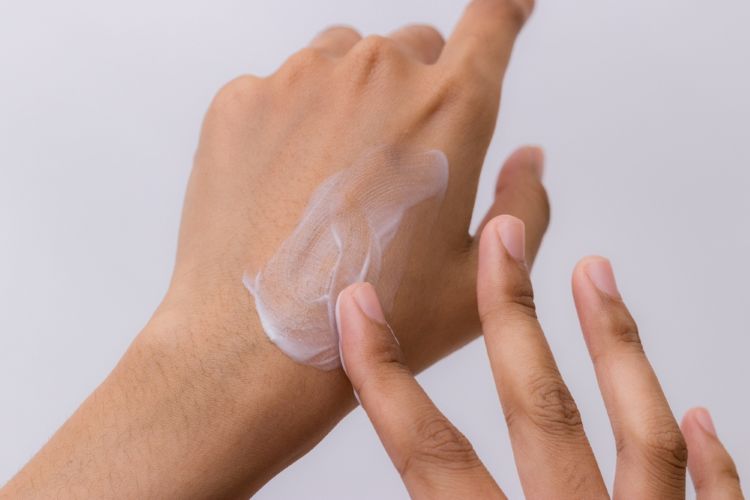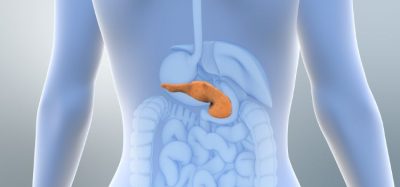Novel topical formulation demonstrates potential in peripheral neuropathy
Posted: 6 October 2025 | Catherine Eckford (European Pharmaceutical Review) | No comments yet
Offers potential symptomatic relief for cancer patients with chemotherapy-induced peripheral neuropathy (CIPN).


A topical formulation of an existing neurocosmetic drug available in the EU could offer a “targeted and safer alternative” for chemotherapy-induced peripheral neuropathy (CIPN), according to researchers in Spain.
A multinational pilot study evaluating 142 cancer patients (127 women and 15 men) across Spain and Belgium found that the formulation, combining a non‐pungent soft vanilloid with lipids and tocopherol, significantly reduced the occurrence of neuropathy in the hands and delayed the onset of neuropathic symptoms during chemotherapy.
Up to 80 percent of patients given taxane or platinum salt-based chemotherapy develop hand–foot neuropathy. The side effect causes up to 60 percent of patients to reduce their dose or interrupt treatment, so the novel topical cream offers a potential new option, according to Miguel Hernández University (UMH) Professor Asia Fernández.
“Nociceuticals represent a novel class of topical, moisturising formulations that incorporate active compounds designed to protect nociceptive epidermal endings”
Nociceutical drug formulations work by “protect[ing] sensory nerve endings in the skin, which are responsible for discomfort and itching in the peripheral neurosensory system” and topical protection boosts a patient’s tolerance to chemotherapy, explained UMH Professor Antonio Ferrer Montiel.
“Nociceuticals represent a novel class of topical, moisturising formulations that incorporate active compounds designed to protect nociceptive epidermal endings”. The tested treatment “could reduce the underlying neuronal excitability responsible for CIPN”. As such, the soft vanilloid-based formulation could aid in topical management of CIPN, Servitja et al. suggested.
A potential new treatment option for chemotherapy-induced neuropathy
“Approximately 72–74 percent of the patients received taxane‐based chemotherapy, predominantly for breast cancer, while a minority received platinum agents or a combination of taxanes and platinum compounds”, Servitja et al. wrote in Clinical & Translational Oncology, where the trial findings were published.
“Before the development of this formulation, oncologists and patients had no specific product to relieve these symptoms, which were often so severe that they led to dose reduction or even treatment discontinuation – with consequences for tumour control,” Professor Carvajal added.
He anticipated that the proposed formulation will become an adjuvant treatment both during and post-chemotherapy.
Related topics
Anti-Cancer Therapeutics, Clinical Development, Clinical Trials, Drug toxicology studies, Formulation, Industry Insight, Research & Development (R&D), Therapeutics









